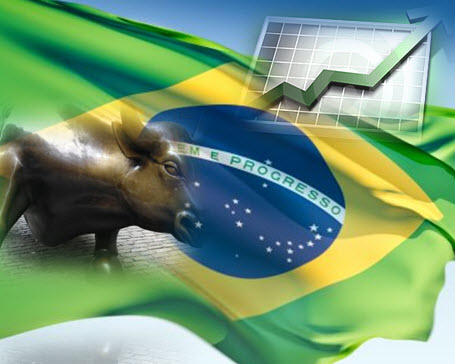Brasília – Brazil should incur a USD 41 billion current account deficit in 2016. The figure includes all sales and purchases of goods and services, as well as interest, dividends, foreign aid and other operations. The deficit estimate is equivalent to 2.66% of Gross Domestic Product (GDP). The projection was released this Monday (21) by the Brazilian Central Bank (BC).
The estimate for this year is USD 62 billion, or 3.48% of GDP. In September, the BC had projected a current transaction deficit worth 3.73% of GDP for 2015, at USD 65 billion. Year-to-date through November, the deficit hit USD 56.406 billion, down from USD 92.528 billion in the comparable period of 2014.
Whenever a country incurs a current account deficit, meaning spending outpaces income, the result must be offset through foreign investment inflows or by loans taken abroad. Foreign Direct Investment (FDI), i.e. funds funneled into a country’s productive sector, is considered the best such strategy, because it is a long-term one.
The BC expects FDP to reach USD 66 billion this year and USD 60 billion in 2016. Through November 2015, FDI in Brazil amounted to USD 59.853 billion.
The balance of trade, a key component of current account flows, is seen to run a USD 30 billion surplus in 2016. The Brazilian Central Bank expects a USD 15 billion trade surplus in 2015.
